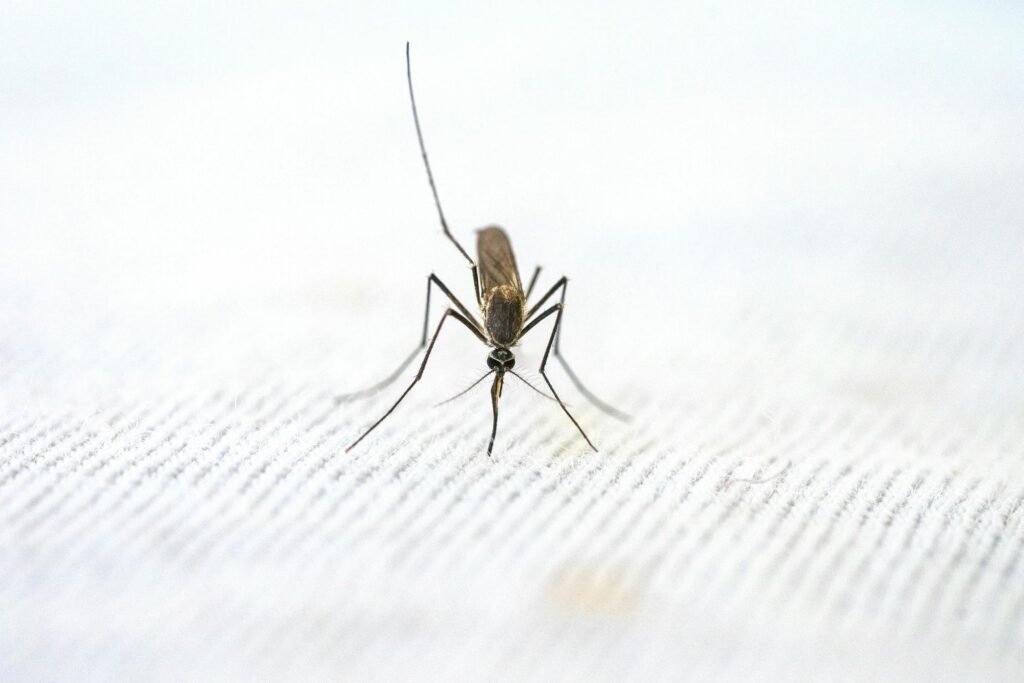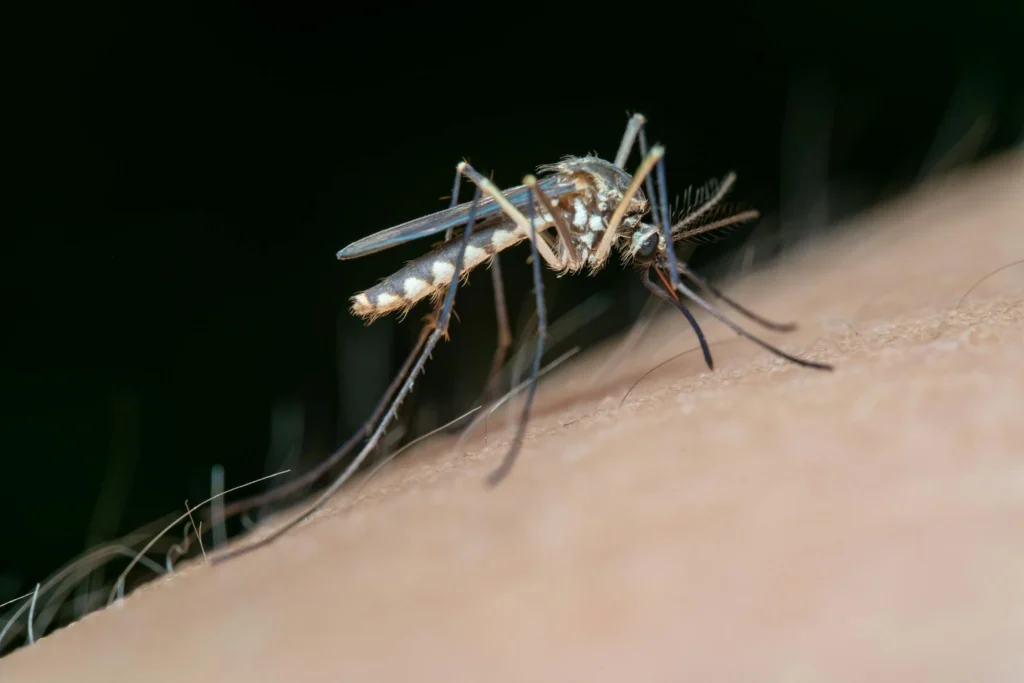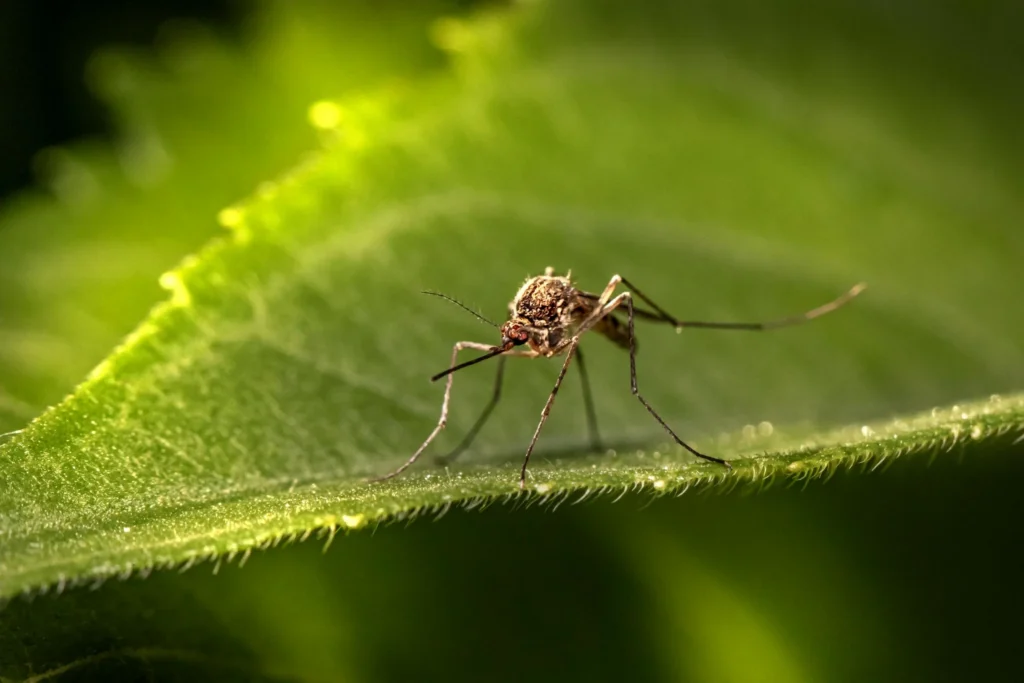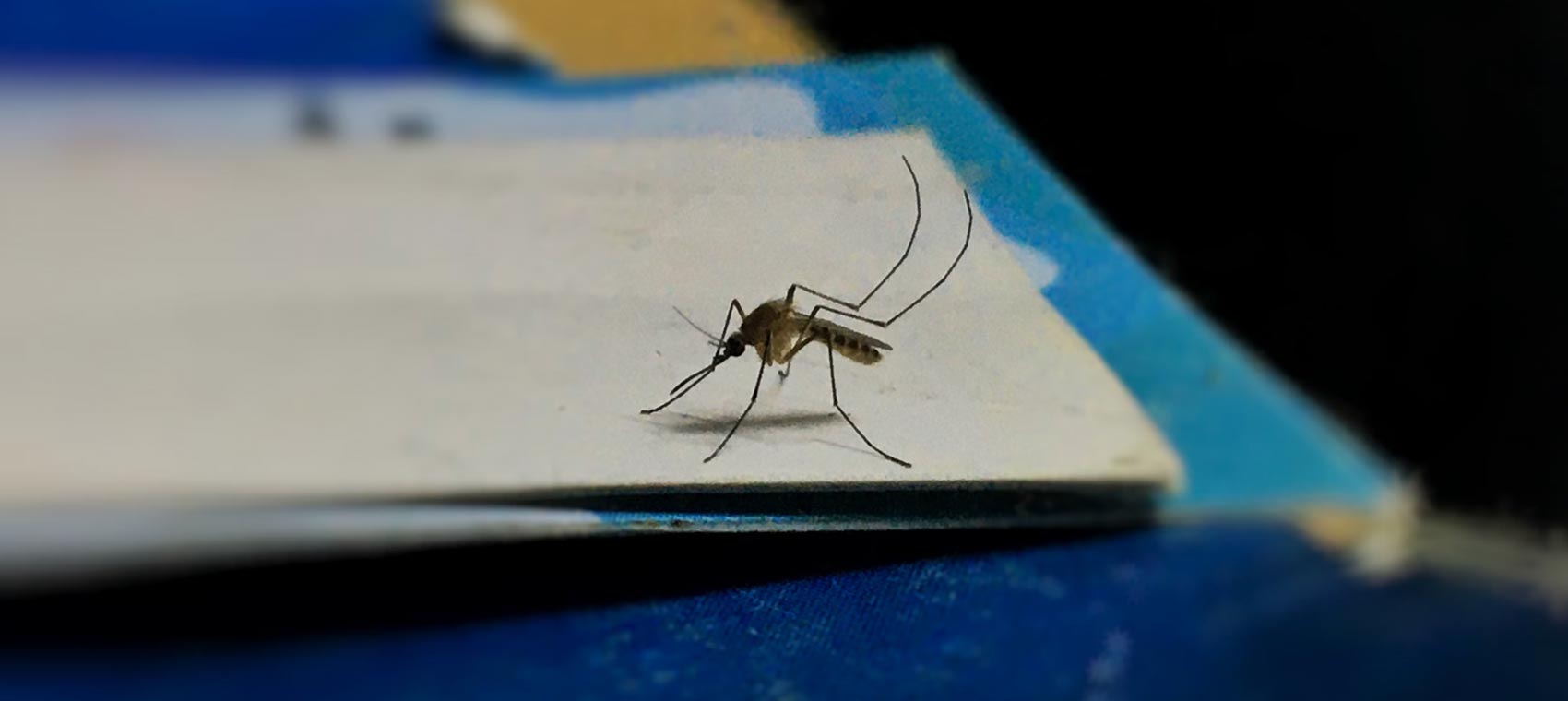Why You Need to Get Rid of Mosquitoes Now
Mosquitoes are one of the most unwelcome guests in any home or yard. These tiny, flying insects are notorious for their irritating, high-pitched buzzing, painful bites, and the itchy welts they leave behind. More concerningly, mosquitoes can transmit serious diseases such as malaria, dengue fever, Zika virus, and West Nile virus. These health risks, combined with the discomfort they cause, make controlling mosquito populations a priority for homeowners.
In this comprehensive guide, we’ll walk you through effective strategies to get rid of mosquitoes both inside your home and in your outdoor spaces. We’ll also provide tips for staying bite-free and maintaining a mosquito-free environment. Whether you’re dealing with a minor nuisance or a major infestation, our expert advice will help you reclaim your space from these pesky invaders.

Understanding Mosquitoes: Appearance, Behavior, and Risks
What Do Mosquitoes Look Like?
Mosquitoes are small, flying insects with slender bodies, long legs, and a distinctive proboscis used for feeding on blood. They range in size from 0.12 to 0.25 inches (3 to 6 millimeters) and have scaled wings.
The Mosquito Life Cycle
Mosquitoes go through four life stages: egg, larva, pupa, and adult. The cycle can take 7-10 days:
- Eggs: Laid in or near standing water.
- Larvae: Hatch and live in water, feeding on organic matter.
- Pupae: Transform into adults in water.
- Adults: Emerge from water, with females seeking blood meals to develop eggs.
Learn more about their life cycle here.
Common Mosquito Species in Residential Areas
- Culex pipiens: Common house mosquito, transmitter of West Nile virus.
- Aedes aegypti: Black and white striped, carrier of Zika, dengue, and yellow fever.
- Anopheles quadrimaculatus: Malaria transmitter, found in the western U.S.
The Dangers of Mosquito Bites
Mosquito bites can transmit serious diseases like malaria, dengue, and Zika. They can also cause allergic reactions and secondary infections from scratching. Understanding these risks underscores the importance of effective mosquito control.

How to Get Rid of Mosquitoes in the House
Identifying Mosquito Hideouts Indoors
Mosquitoes prefer dark, humid places to rest indoors. Common hideouts include:
- Under sinks
- Inside closets
- Beneath furniture
- In laundry rooms
Using Indoor Mosquito Repellents and Foggers
To control mosquitoes inside your home:
- Indoor Foggers and Sprays: Use EPA-registered products to kill mosquitoes on contact.
- Mosquito Traps: These attract and capture mosquitoes using light and carbon dioxide.
- Repellents: Use plug-in or battery-operated devices that emit mosquito-repelling vapors.
Physical Barriers: Screens and Nets
Prevent mosquitoes from entering your home by:
- Repairing or replacing damaged window screens.
- Installing screen doors on exterior entries.
- Using mosquito netting around beds for extra protection during infestations.
Tips for Preventing Mosquitoes from Entering the House
- Seal Gaps: Check for and seal any gaps around doors and windows.
- Reduce Attractants: Turn off lights near entry points at night, as mosquitoes are attracted to light.
- Use Air Conditioning: Keeping windows closed and using air conditioning can help keep mosquitoes out.
For more tips on preventing mosquitoes from entering your home, visit this guide.
When to Call a Professional Pest Control Service
If mosquitoes persist despite your efforts, it may be time to call a professional pest control service. Experts can:
- Assess the extent of the infestation.
- Use advanced treatments that are not available to the general public.
- Provide long-term solutions to keep mosquitoes at bay.
Professional intervention ensures that you can enjoy a mosquito-free home, especially during peak mosquito seasons
How to Get Rid of Mosquitoes Outdoors
Identifying Common Outdoor Mosquito Hideouts
Mosquitoes typically rest in dark, humid areas outdoors. Common hideouts include:
- Tall grass
- Hollow trees
- Under leaves
- Around patio furniture
- In carports and garages
Using Outdoor Mosquito Sprays and Foggers
To control mosquitoes in your yard:
- Outdoor Sprays and Foggers: Use EPA-registered products specifically designed for outdoor use. Follow the manufacturer’s guidelines for application.
- Larvicides: Apply larvicides to standing water to kill mosquito larvae before they become adults.
Employing Mosquito Zappers and Traps
- Mosquito Zappers: These devices attract mosquitoes using light and then electrocute them.
- Mosquito Traps: High-tech traps use a combination of heat, carbon dioxide, and scent to lure mosquitoes into a chamber where they are trapped and killed.
Utilizing Natural Repellents and Barriers
- Citronella Torches and Candles: Place these around outdoor seating areas to repel mosquitoes.
- Essential Oils: Oils like peppermint, camphor, and citronella can be mixed with water and used as a spray to repel mosquitoes.
- Mosquito-Repellent Plants: Planting varieties like lavender, rosemary, and basil can help keep mosquitoes away from high-traffic areas.
Tips for Treating Specific Outdoor Areas
- Patios and Decks: Use citronella candles or torches and install fans to keep mosquitoes at bay.
- Sheds and Storage Areas: Treat these areas with sprays or foggers, and keep them clutter-free to reduce mosquito hiding spots.
- Birdbaths and Water Features: Regularly clean and change the water to prevent mosquito breeding. Consider adding mosquito dunks to water features to kill larvae.
For additional tips on outdoor mosquito control, visit this resource.
By identifying common hideouts and employing a combination of sprays, zappers, natural repellents, and proper maintenance, you can significantly reduce mosquito populations in your outdoor spaces.

Natural Mosquito Repellent and Control
Mosquito-Repellent Plants
Planting mosquito-repellent plants around your home can naturally deter these pests. Some effective options include:
- Citronella: Known for its strong scent, citronella is often used in candles and oils.
- Lavender: This aromatic plant not only repels mosquitoes but also adds a pleasant fragrance to your garden.
- Basil: Easy to grow and doubles as a culinary herb while keeping mosquitoes at bay.
- Marigolds: Their strong odor is unpleasant to mosquitoes and can help protect other plants from pests.
Natural Oils and Sprays
Essential oils can be an effective and natural way to repel mosquitoes. Consider using:
- Peppermint Oil: Mix a few drops with water in a spray bottle and apply around outdoor areas or directly on the skin.
- Eucalyptus Oil: Known for its mosquito-repellent properties, it can be used in sprays or applied to the skin.
- Lemon Oil: Often combined with eucalyptus, it creates a strong deterrent for mosquitoes.
- Tea Tree Oil: Has both repellent and anti-inflammatory properties, making it useful for preventing and treating bites.
For DIY natural mosquito repellent recipes, check out this guide.
Attracting Natural Predators
Encouraging natural predators in your yard can help control mosquito populations:
- Dragonflies: Dragonfly larvae feed on mosquito larvae, and adults prey on adult mosquitoes. Consider installing a small pond to attract them.
- Birds: Species like swallows and purple martins eat mosquitoes. Install birdhouses or nesting boxes to attract them.
- Bats: Bats are prolific mosquito hunters. Setting up a bat house can help attract these nocturnal predators.
Creating a Balanced Ecosystem
A balanced ecosystem can naturally reduce mosquito populations. Here’s how to create one:
- Water Features: Ensure any ponds or water features have a pump to keep the water moving and prevent mosquito breeding.
- Diverse Planting: Plant a variety of mosquito-repellent plants and attract beneficial insects and birds.
- Avoid Pesticides: Pesticides can harm beneficial predators. Opt for natural methods whenever possible.
By integrating these natural repellents and controls, you can create an environment that is less attractive to mosquitoes while enhancing the beauty and ecological balance of your yard.

Preventing Mosquito Breeding
Importance of Eliminating Standing Water
Eliminating standing water is crucial in preventing mosquitoes from breeding. Mosquitoes lay their eggs in stagnant water, and even small amounts can become breeding grounds. By removing these water sources, you can significantly reduce the mosquito population in your area.
Tips for Removing or Treating Water Sources
To prevent mosquito breeding, follow these tips to remove or treat standing water around your home:
- Gutters: Regularly clean and maintain gutters to prevent water from pooling. Ensure they drain properly and are free of debris.
- Birdbaths: Change the water in birdbaths at least once a week to disrupt the mosquito life cycle.
- Ponds: For larger bodies of water, such as ponds, consider installing a pump or fountain to keep the water moving. You can also introduce fish that eat mosquito larvae, such as goldfish or minnows.
- Flower Pots and Saucers: Empty any water that collects in flower pot saucers. Store unused pots upside down to prevent them from collecting water.
- Outdoor Containers: Remove or cover any outdoor containers that can hold water, such as buckets, barrels, and old tires.
For more tips on eliminating standing water, visit this resource.
Using Larvicides to Prevent Mosquito Larvae from Maturing
Larvicides are chemicals designed to kill mosquito larvae before they become adults. They can be an effective part of your mosquito control strategy, especially for water sources that cannot be eliminated. Here are some commonly used larvicides:
- BTI (Bacillus thuringiensis israelensis): A natural bacterium that produces toxins lethal to mosquito larvae but harmless to humans, pets, and wildlife. It is often available in the form of “dunks” or granules.
- IGR (Insect Growth Regulator): These chemicals interfere with the growth and development of mosquito larvae, preventing them from maturing into adults.
Apply larvicides to standing water according to the manufacturer’s instructions, and ensure they are safe for any aquatic life present.
Regular Maintenance Tasks to Prevent Water Accumulation
In addition to removing standing water, regular maintenance tasks can help prevent water accumulation and reduce mosquito breeding sites:
- Lawn Care: Avoid overwatering your lawn, and ensure proper drainage to prevent water from pooling.
- Rain Barrels: Cover rain barrels with fine mesh to prevent mosquitoes from accessing the water.
- Swimming Pools: Keep swimming pools clean, chlorinated, and covered when not in use.
- Drainage: Ensure that all outdoor drainage systems are functioning properly and not blocked.
By consistently performing these maintenance tasks, you can effectively reduce the number of potential mosquito breeding sites around your home and yard, keeping mosquito populations under control.
Landscaping Tips for Mosquito Control
Maintaining a Well-Manicured Lawn
Keeping your lawn well-maintained can significantly reduce mosquito populations:
- Mowing: Regularly mow your lawn to keep grass short. Mosquitoes like to rest in tall grass during the day, so keeping it trimmed reduces their hiding spots.
- Dethatching: Thatch is a layer of dead grass and organic matter that accumulates on the soil’s surface. Excessive thatch can retain moisture and create a perfect environment for mosquitoes to breed. Dethatch your lawn periodically to remove this layer and improve soil health.
Pruning Vegetation to Reduce Shaded Areas
Mosquitoes prefer cool, shaded areas to rest. By pruning vegetation, you can reduce these mosquito-friendly spots:
- Trimming Bushes and Shrubs: Regularly trim bushes and shrubs to allow more sunlight to penetrate and air to circulate. This makes the environment less hospitable to mosquitoes.
- Removing Overhanging Branches: Trim tree branches that create excessive shade in your yard. This not only reduces mosquito resting areas but also improves the overall health of your plants.
Removing Yard Debris and Potential Mosquito Hideouts
Clearing yard debris eliminates potential mosquito habitats:
- Leaf Litter: Regularly rake and dispose of fallen leaves. Leaf litter can retain moisture and provide a habitat for mosquitoes.
- Piles of Grass Clippings: After mowing, collect and dispose of grass clippings properly. Piles of clippings can trap moisture and attract mosquitoes.
- Wood Piles: Keep wood piles neatly stacked and off the ground to prevent moisture accumulation. Cover them with a tarp if possible to keep them dry.
For more detailed information on maintaining a mosquito-free yard, visit this guide.
Incorporating Mosquito-Repellent Plants into the Landscape Design
Strategically planting mosquito-repellent plants can enhance your landscape while deterring mosquitoes:
- Lavender: Plant lavender in sunny areas around your yard. Its strong scent repels mosquitoes and adds a pleasant fragrance to your garden.
- Citronella: Known for its mosquito-repellent properties, citronella can be planted in pots or garden beds.
- Basil: Besides repelling mosquitoes, basil is a great addition to your culinary herb garden.
- Marigolds: These bright flowers are effective at repelling mosquitoes and other pests. Plant them around patios and walkways.
- Rosemary: This versatile herb can be planted in the ground or in containers and helps keep mosquitoes away.
By incorporating these plants into your landscape, you create a natural barrier against mosquitoes while enhancing the beauty of your garden.
Through diligent lawn care, strategic pruning, regular debris removal, and the use of mosquito-repellent plants, you can transform your yard into a mosquito-resistant haven. These landscaping tips will help you enjoy your outdoor spaces without the nuisance of mosquitoes
When to Seek Professional Help
Signs of a Severe Mosquito Infestation
Recognizing the signs of a severe mosquito infestation is crucial for timely intervention:
- Constant Presence: If you see or hear mosquitoes indoors or outdoors throughout the day and night, it may indicate a severe problem.
- Numerous Bites: Frequent mosquito bites despite using repellents suggest a high mosquito population.
- Visible Larvae: Observing mosquito larvae in standing water around your home indicates active breeding sites.
- Unusual Species: Noticing different species of mosquitoes, especially those known to carry diseases, can signal a serious infestation.
For more information on identifying mosquito infestations, check out this resource.
Benefits of Hiring Professional Pest Control Services
Professional pest control services offer several advantages over DIY methods:
- Expertise: Professionals have the knowledge and experience to identify and treat mosquito breeding sites effectively.
- Comprehensive Treatment: They use a combination of methods to address both adult mosquitoes and larvae.
- Advanced Tools and Products: Access to specialized equipment and EPA-approved insecticides that are not available to the public.
- Long-Term Solutions: Pest control services can provide ongoing maintenance and monitoring to ensure mosquitoes don’t return.
Overview of Professional Mosquito Control Methods
Professional pest control companies employ a variety of methods to manage mosquito populations:
- Fogging: This involves dispersing a fine mist of insecticide to kill adult mosquitoes. It’s effective for immediate relief, especially before outdoor events.
- Larviciding: Professionals apply larvicides to standing water to kill mosquito larvae. This prevents them from maturing into biting adults.
- Barrier Treatments: Insecticides are applied to vegetation and other mosquito resting areas around your property. These treatments provide residual protection by killing mosquitoes that come into contact with the treated surfaces.
- Trapping: High-tech traps may be used to attract and capture mosquitoes. These traps often mimic human scents and emit carbon dioxide to lure mosquitoes.
By combining these methods, professionals can create a comprehensive mosquito control plan tailored to your specific needs and environment.
When mosquito infestations become unmanageable with DIY solutions, seeking professional help ensures a thorough and effective approach to mosquito control. This not only provides immediate relief but also helps maintain a mosquito-free environment in the long term.
Achieve a Mosquito-Free Home Today
Effectively controlling mosquitoes requires a combination of understanding their behavior, eliminating breeding grounds, and using both natural and chemical repellents. By following the methods discussed, you can significantly reduce the mosquito population in and around your home.
To recap, here are the key points for effective mosquito control:
- Understanding Mosquitoes: Recognize their appearance, life cycle, and the dangers they pose.
- Indoor Control: Identify mosquito hideouts, use repellents and barriers, and take preventive measures.
- Outdoor Control: Address common hideouts, use sprays and traps, and incorporate natural repellents.
- Natural Repellent Methods: Utilize mosquito-repellent plants, essential oils, and attract natural predators.
- Preventing Breeding: Eliminate standing water, use larvicides, and perform regular maintenance tasks.
- Landscaping Tips: Maintain your lawn, prune vegetation, remove debris, and plant mosquito-repellent flora.
- Professional Help: Know when to seek professional pest control services for severe infestations.
Implementing these strategies will help create a mosquito-free environment, allowing you to enjoy your indoor and outdoor spaces without the nuisance of mosquito bites. Remember, ongoing maintenance and vigilance are key to keeping mosquitoes at bay. Regularly inspect your property, eliminate standing water, and use repellents as needed.
Take action today to protect your home and family from the discomfort and health risks posed by mosquitoes. By staying proactive and using a combination of methods, you can effectively manage and reduce mosquito populations, ensuring a more comfortable and safe living environment
Questions and Answers about Mosquito Prevention
Mosquitoes are most active during dawn and dusk. These twilight hours provide the ideal conditions for mosquitoes to seek out food sources. However, certain species, like the Aedes aegypti, can also be active during the day. To protect yourself, use repellents and wear protective clothing during these times.
Mosquitoes thrive in temperatures between 50°F and 95°F (10°C and 35°C). They are most active during warm and humid weather, which accelerates their breeding cycle. Cold temperatures can significantly reduce mosquito activity, as they become lethargic and less likely to bite.
Natural methods can significantly reduce mosquito populations but may not be sufficient alone. Using mosquito-repellent plants, essential oils, and attracting natural predators can help. However, for severe infestations, combining natural methods with chemical treatments or professional pest control services may be necessary for effective control.
Treat standing water with larvicides every 7 to 10 days. This timing corresponds with the mosquito life cycle, ensuring that larvae do not mature into adults. Regularly treating birdbaths, ponds, and other water sources prevents mosquitoes from breeding and reduces the overall population.


